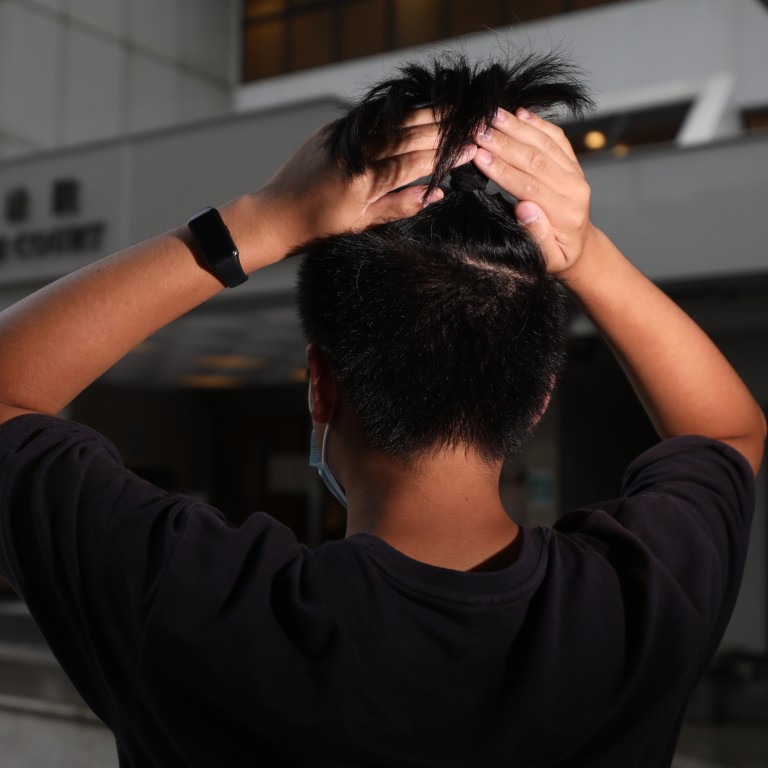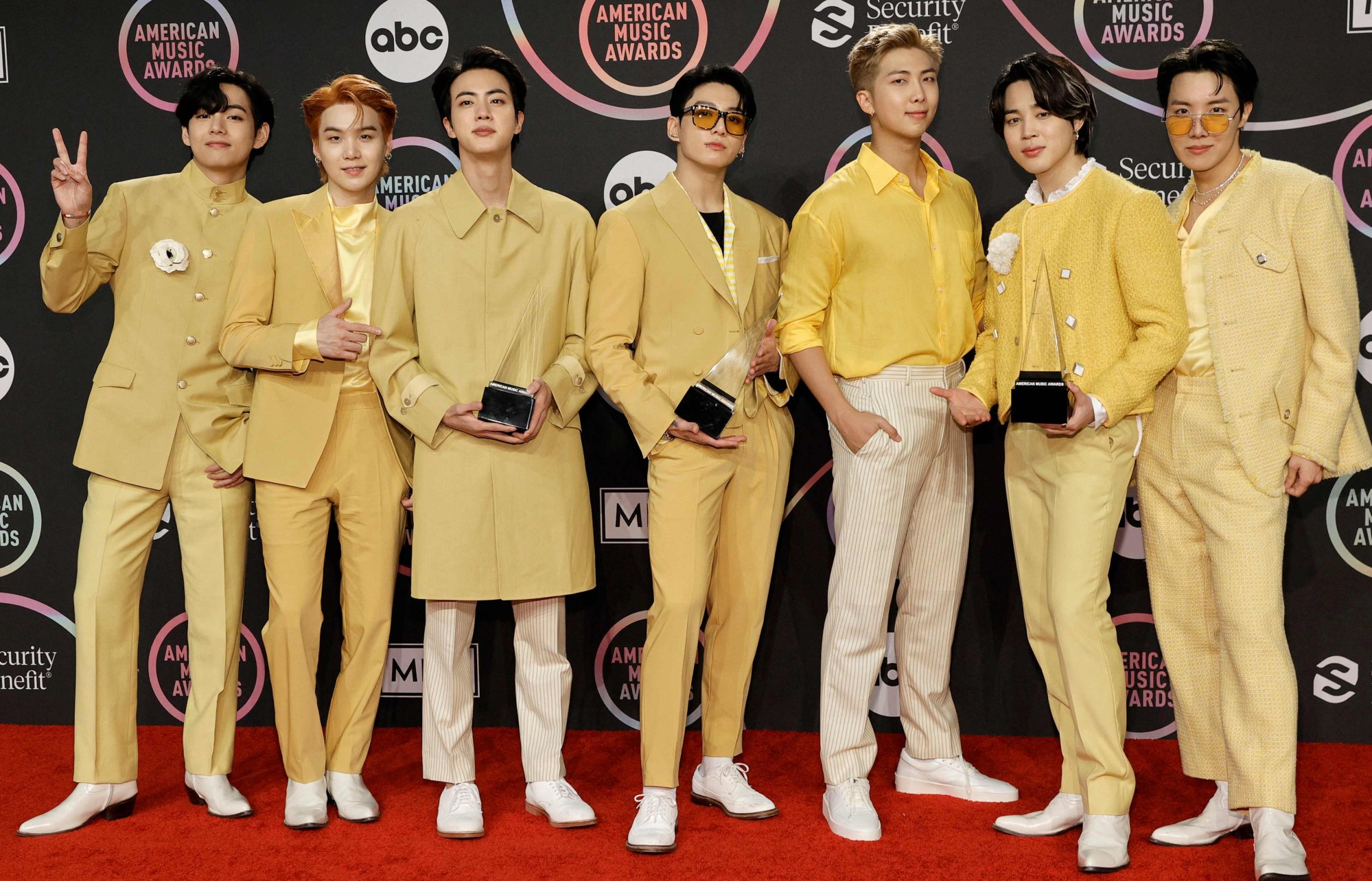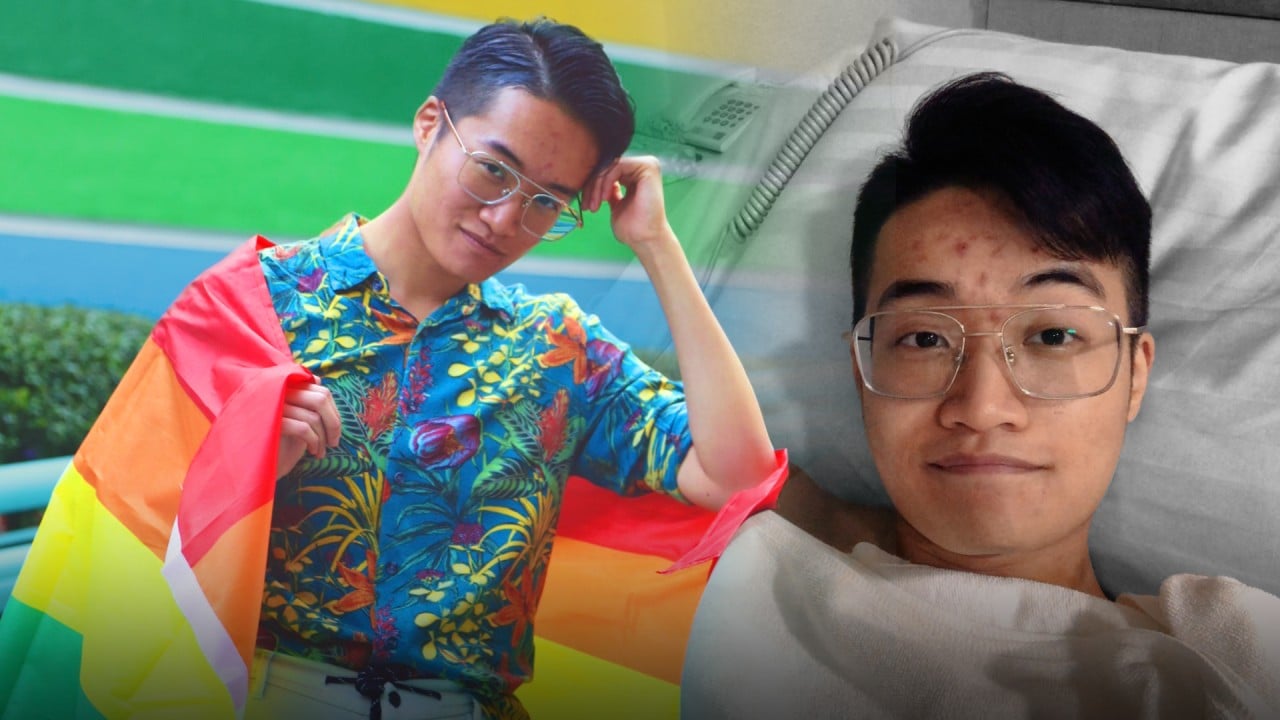
Rigid gender norms have no place in modern, diverse Hong Kong
- Arbitrary school rules like short hair for boys deny young people the chance to develop their identities – which is what education should be all about
- As a society, we must recognise that it’s possible to champion inclusivity and self-expression while still being mindful of tradition
Let me be blunt here. It’s 2022, and there is no place for rigid, unfettered gender norms in any civilised society.
It shouldn’t be controversial to say that individuals possess core freedoms of identity and expression. The former extends to appearing in ways that are integral to their self-conception and aesthetic values. The latter entails their right to dress, to wear make-up, and to engage in behaviour that sends out unmissable signals.
From a less liberal perspective, it is part of growing up to experiment, to contest and to behave in ways that may ruffle a few feathers.
Hong Kong’s ‘new chapter’ should include more progress on LGBT+ equality
It is precisely the view that individuals must conform to narrowly stipulated images that stifles their ability to find out who they truly are, to explore the different identities they could embrace and settle on one that makes them most comfortable.
Education is a process intended to expand our horizons indefinitely – why, then, are we arbitrarily telling students what they can or cannot do? If boys find long hair comforting, if girls enjoy wearing jeans, so be it. If an individual comes out as trans, what has it got to do with any of us?

A city as cosmopolitan, international and diverse as Hong Kong – as many in the political establishment have noted – deserves a more open-minded and progressive approach to sexual and gender politics.
The Equal Opportunities Commission has come on leaps and bounds over the decades, yet much work remains to be done by the city’s equality watchdog. To start with, lending an ear to those who cannot easily articulate their concerns would be immensely helpful.
So what gives? For one, it would be wise for schools to adopt a more progressive approach to their dress code – as long as it does not undermine the physical or psychological well-being of students.
Moreover, it is time to rethink how sexual and gender minorities are evaluated in a parenting and familial context. Many in Hong Kong cling to dubious assumptions concerning sexuality – that those who are not straight are merely “going through a phase”, or that those who challenge gender binaries are merely “attention-seekers”.
If parental love is binding, with deep obligations, it should not be affected by the identities and characteristics exhibited by a child. The government and civil society must do more to champion an open and tolerant understanding of sexual minorities among the wider public.
This crucially paves the way for further de-stigmatisation of LGBTQIA+ rights in the country. Asia, as a continent, has found its own way of fusing traditions and more inclusive policies for LGBTQIA+ individuals. It’s high time that Hong Kong did the same.
Brian Wong is a DPhil in Politics candidate at Balliol College, Oxford, a Rhodes Scholar (Hong Kong 2020), and the founding editor-in-chief of the Oxford Political Review

.png?itok=bcjjKRme&v=1692256346)
